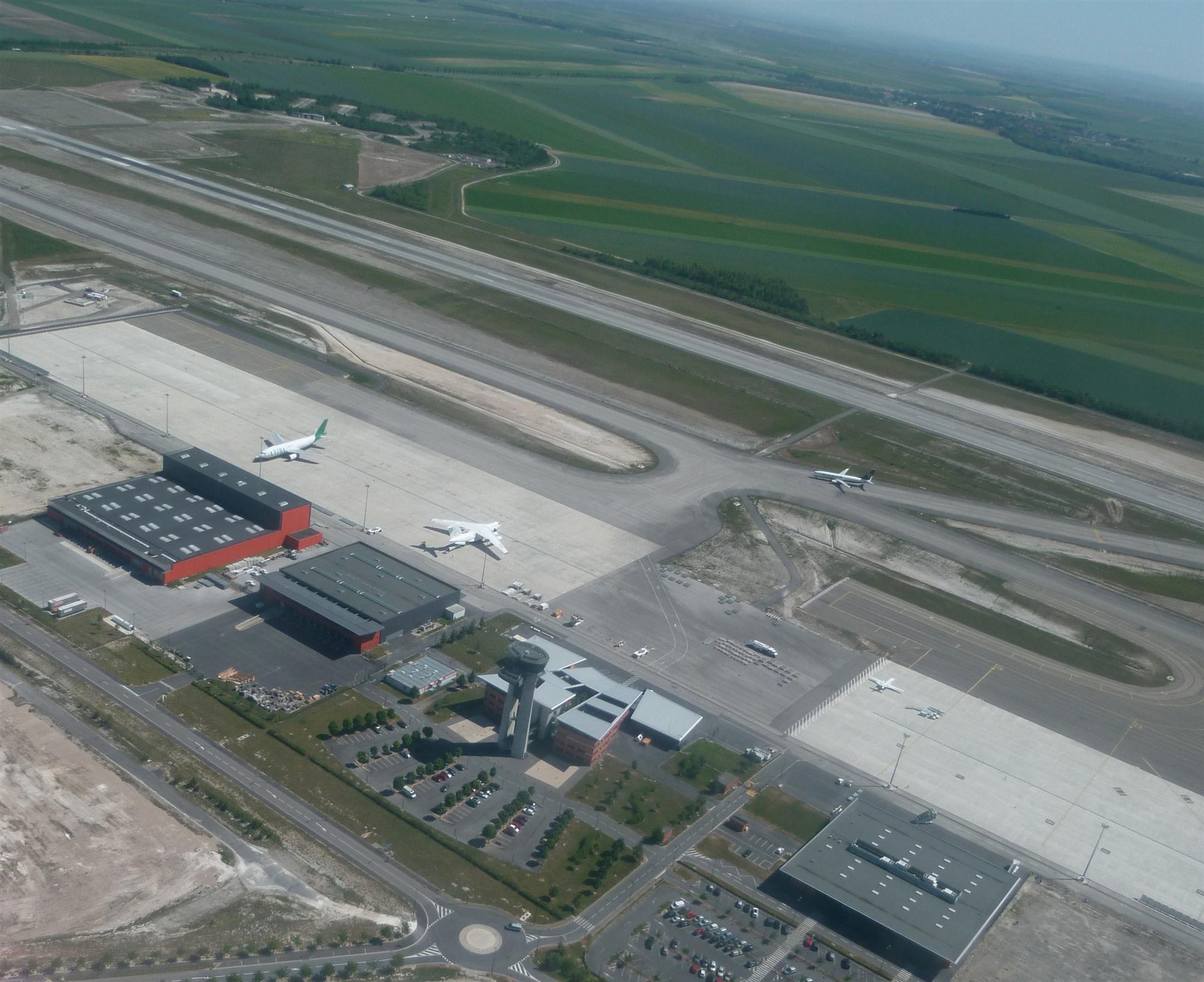As Paris-Vatry Airport seeks to set up regularly scheduled operations with cargo carriers, it is eager to demonstrate that it is a viable alternative to the traditional large European hubs.
The airport, which used to be a military airfield in the 1960s, is located approximately 150 km east of Paris, next to major North-South and East-West highways.
“We currently handle mainly charter flights, but our goal is to develop more cargo activities on a scheduled basis,” said Yoann Maugran, cargo sales manager at Paris-Vatry Airport, in an interview during The International Air Cargo Association’s biennial Air Cargo Forum. “We definitely want to improve our service in terms of capabilities and equipment to attract new customers.”
In terms of infrastructure, the airport is able to accommodate all types of aircraft and there are no curfews or slot restrictions.
“That is one of our major strengths,” Maugran said. “We also offer full flexibility.”
Vatry secured a brief scheduled operation with AirBridgeCargo from the end of 2017 to early this year. According to Maugran, the service is currently on hold but the airport is working with the carrier to restart it, possibly within the first quarter of 2019. The airport is also working on other projects to start scheduled services with new operators.
Something which Vatry hopes will help to attract more cargo airlines is a particular focus on pharmaceuticals. Maugran said that the airport had already started the process of obtaining the International Air Transport Association’s Center of Excellence for Independent Validators in Pharmaceutical Logistics certification.
“We aim to get it roughly a year from now,” he said. “We’ve completed the mandatory training with our project team. The second phase of training will be our ground agents, team leaders and senior GDP manager. It’s very important that everyone is in the same mindset and has the same end goal.”
While the certification presents one of the toughest challenges the airport has ever faced, Maugran said that it is necessary in order to respond to industry needs.
“On a year-on-year basis, we see a growing number of charter flights that are full of pharma shipments and this sector is growing about 10-15%,” he said. “We know that the shippers want more transparency and quality of service. We’re also confident in our well-experienced staff and the capability of our existing infrastructure to handle pharma cargo.”

Vatry has two freight terminals. The first one is 8,200 square metres and is dedicated to general cargo. The second is a temperature-controlled warehouse measuring a little more than 4,000 square metres. From next year onward, this will be expanded and the airport will be able to guarantee a temperature range of 15-25°C.
“Another advantage at Vatry is that every service is integrated,” Maugran said. “While we are the airport authority, we also carry out the warehouse operations and ramp handling with our own staff. This means that we can get certified as an airport more easily.”
Vatry sees China, India and Africa as target markets, and is gradually making itself more visible by engaging in talks with shippers and forwarders as well as airlines.
“We noticed that they normally look at the big European hubs first, including Amsterdam, Frankfurt and Paris-Charles de Gaulle,” said Maugran. “We definitely have to prove to them that there are existing alternative solutions when the big hubs are congested. There are a lot of opportunities at airports like Vatry in terms of efficiency, cost and transit time.”
Apart from pharma, Maugran said that there is also great potential for the development of e-commerce operations at Vatry.
“We have plenty of land available for the construction of new warehouses or distribution centres with direct airside connections,” he said. “The key is to go ahead and show that we have the know-how to handle big volumes. If a large shipper decides to send freight through Vatry, there is no doubt that airlines will follow.”
With that in mind, Vatry is looking to attend more trade shows as an exhibitor so that it can become more involved in the industry and deepen relationships.
“We have to think in the longer term to get more confidence in us,” said Maugran. “It’s not sufficient to just talk to them as an airport. We need to combine forces and talk as a community so we have a stronger voice.”
He added that the initial step of starting up long-term scheduled services with one carrier would probably be the most difficult, and that he is hopeful Vatry will gain traction once that first hurdle is passed.
“I do think that some airlines are watching us closely but we have to take the risk and the initiative to launch the first regular service,” Maugran said. “If the service is good and the connectivity is growing, then it will definitely generate more opportunities.”
By Jeffrey Lee
Asia Cargo News | Toronto



